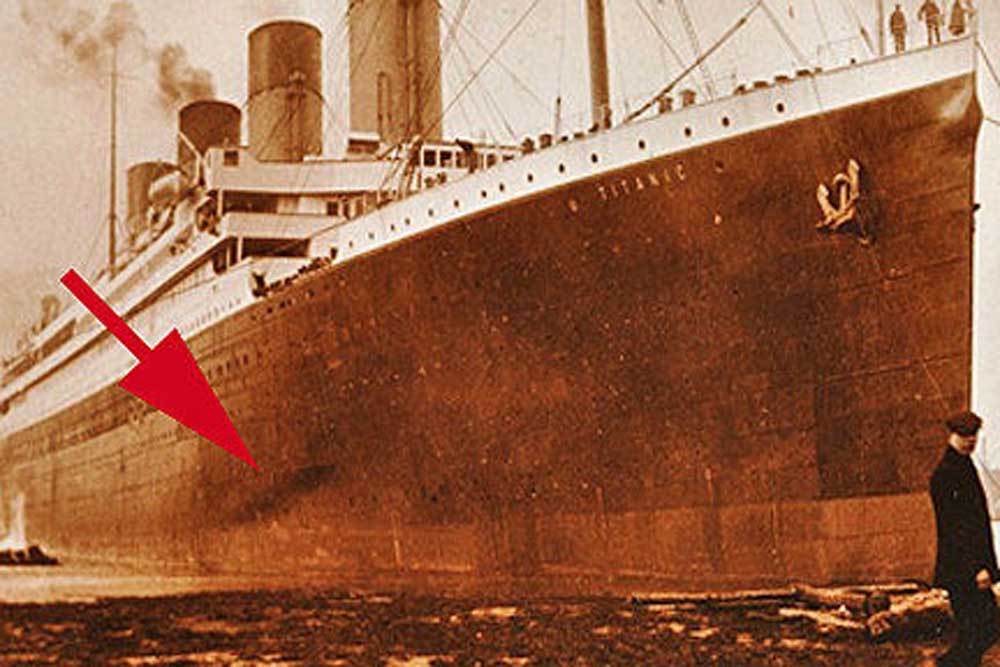Fire and ice
Published 7:00 pm Thursday, January 5, 2017

- notforsale
There’s been a bit of an uproar in the Titanic history sector. According to The New York Times (http://tinyurl.com/titanic-fire) Irish journalist Senan Molony, who has been researching the ship for more than 30 years, proclaimed in a recently aired documentary, “Titanic: The New Evidence” (http://tinyurl.com/titandoc) that a coal fire on board, not just the iceberg, was responsible for the vessel’s demise.
Molony contends that the fire — which had been raging for three weeks in a three-story-high coal bunker next to a boiler room — weakened the hull, causing Titanic to sink as quickly as it did after the collision with the iceberg, long before help could arrive, in fact, causing the deaths of more than 1,500, including the great-grandson of Astoria’s namesake, John Jacob Astor IV.
“It’s a perfect storm of extraordinary factors coming together: fire, ice and criminal negligence,” Molony argues. “The fire was known about, but it was played down. She should never have been put to sea.” He argues that the launch and maiden voyage proceeded anyway, because to delay would have been financially disastrous.
This new revelation about the fire comes from an unpublished album of Titanic photos found in an attic, taken during and after the ship was built, and discovered by a descendant of the Belfast ship-building company, Harland and Wolff.
In the photos, a 30-foot “black mark” (shown in a screen shot from the documentary) can be seen near where the ship hit the iceberg, and engineers at the Imperial College London who studied the photos said the mark was likely caused by a coal bunker fire. Molony calls this discovery “the Titanic equivalent of Tutankhamen’s tomb.”
A former honorary secretary of the British Titanic Society, David Hill, who has been studying disastrous sinking for more than 50 years, isn’t convinced, however. The iceberg “opened up too many compartments to the sea, so that the weight of the water dragged the bow down so low that the ship eventually sank,” he said. “A fire may have accelerated this. But in my view, the Titanic would have sunk anyways.”
— Elleda Wilson





